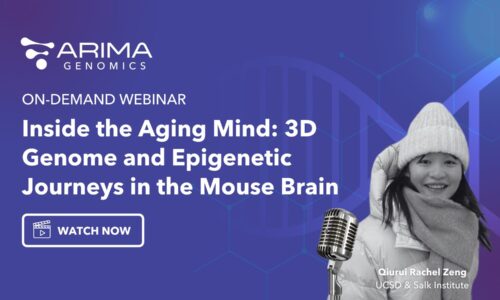October 12, 2021
Share
Hemoglobinopathies: from Sickle Cell Disease to Beta Thalassemia
Mutations in the adult beta-globin gene can lead to a variety of hemoglobinopathies, including sickle cell disease and beta thalassemia. Previous studies have shown that the activation of gamma globin — the subunit of fetal hemoglobin — can ameliorate the symptoms of sickle cell disease and beta thalassemia.
A 3D View of the Genome
Using CRISPR-Cas9, Dr. Zhang’s team found that 3’HS1 deletion induces the gamma-globin gene activation and alteration of chromosomal loops in the beta-globin locus. Specifically, 3’HS1 deletion incorporates an insulated enhancer to activate the gamma-globin gene.
A Target for Gene Therapy
Altering the CTCF binding profile across the locus can significantly change the expression of the β-globin genes, suggesting that genetic editing of this binding site can have therapeutic implications to treat hemoglobinopathies.

Dr. Xiaotian Zhang
Research Investigator, University of MichiganDr. Zhang obtained his Ph.D. at Baylor College of Medicine with Dr. Margaret Goodell on the role of DNA methylation synergy in leukemia development. He was previously the Van Andel special fellow in Gerd Pfeifer's lab working on the 3D genomics in normal hematopoietic stem cell and leukemia. He is now a research-track faculty (Research Investigator) in the Pathology Department of the University of Michigan. Dr. Zhang's research focuses on the epigenetic regulation of key pathogenic genes in leukemia and normal hematopoiesis, particularly on high-order chromatin structure in disease.




